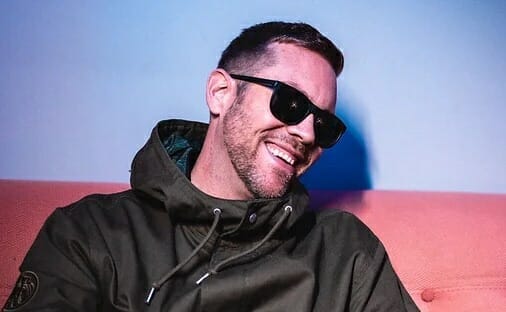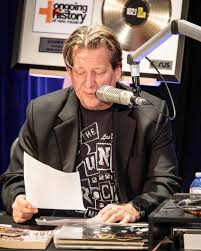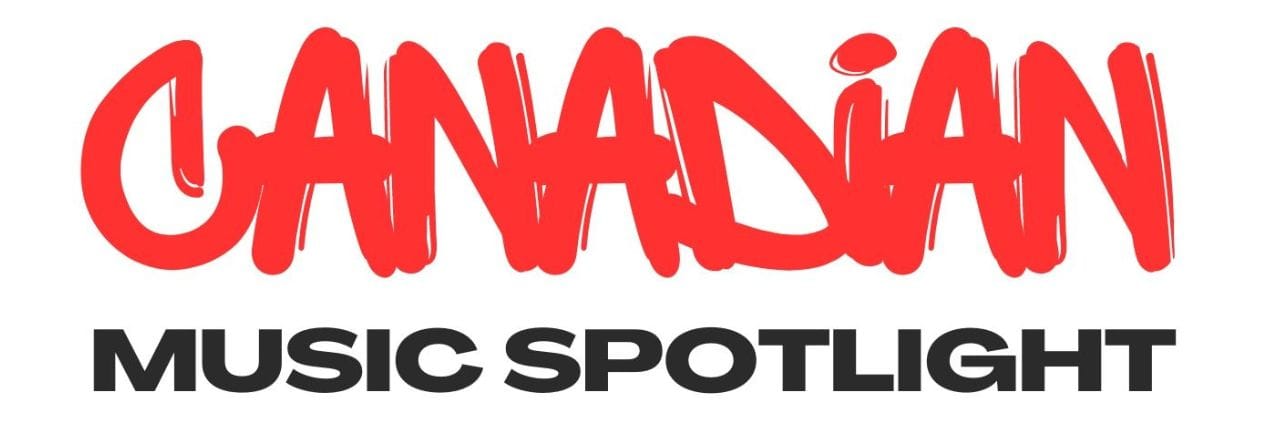The Unsigned Artist and Radio Airplay. Part One: An Interview with Alan Cross

By Matthew Holtby
Although I can now call myself a published columnist for this fine site, what a lot of people might not know about me, is that I worked in radio for a while. When I first started out, I worked part-time on weekends for a Top 40 station in my hometown of Oshawa, knowing that said station was getting bought by another company in the near future. As time went on, I was one of the few who survived the mass firing squad, and became a full timer at an Ontario radio station. It was a format I loved, and I was loving every minute. All the while, I was writing and recording music with my band, and trying to learn as much about the Record Industry as I could. Mind you, this was a very different time, and the streaming landscape was almost non-existent.
Another few years down the line, I was “promoted” to the role of Music Director. I say that in quotations because it was a lot more work for the same amount of money. Oh, and it also meant losing the Afternoon Drive slot I had worked so hard to obtain for over a decade. Regardless, during my time working hand in hand with some really wonderful people in the business, the same question remained from my friends and fellow artists. “How do I get my song on the radio?” Some 20 years later, that question still looms for many of us. Granted, I’ve been fortunate enough to receive some airplay for my latest solo material on various stations, but I still have the same goal as any hard working band or artist. I want my music on the air.
My aim with this interview series will be to help us better understand airplay from the perspective of some people within the industry. I’ll speak with record labels, Music Directors, Artists and more, to gain knowledge on the entire topic of radio today, and how we might hear our song over the airwaves. We’ll also discuss what not to do, and share some funny stories along the way. I’ve been sent enough CDR demos from shitty bands, I could build a Fort for my kids to play inside. I’ve also sent out some of my own. Like I said, I’m an artist too.

My first chat is with one of the most well recognized names in Radio, and in the Canadian music landscape, Alan Cross. I used to cold call him, and beg him to meet with me to discuss how I could better my own radio career, and he always gave me the time to talk in person. He’s interviewed the most popular bands on the planet, and continues to be relevant, writing, hosting and producing amazing content every single day. He’s also seen it all, and heard it all.
I caught up with Alan on a Zoom call while I was vacationing in Florida last week. After the small talk, we got right into it.
Matthew Holtby:
What are the odds that an unsigned Artist can cold call a popular station right now and get their song played?
Alan Cross:
That almost never, ever happens. In fact, I can't remember the last time something like that happened. You need to have some kind of track record. You also need to be introduced to the radio station by a trusted third party. Whether that be a record label or a proper Music Publicist. Beyond that, you have no chance of getting beyond “feature” play.
MH:
Break down “feature” play for us.
Alan:
They don't do it as often, but stations should have an opportunity to feature music that is not in regular rotation. Whether it be a Specialty show, or something like that. It doesn't necessarily have to be on the radio. But it could also be on the radio station's website. That counts as well. What you wanna do is get some sort of association with the radio station. And if that's only by having something posted on the station's website, that’s fine. You should look at that as a victory. But don’t think for a second that you can say, “Hey, I'm a new artist. I got this new record for you to play.” That’s never gonna happen.
MH:
Tell me a little about the hierarchy of Unsigned, to Indie to Major label. Is that still what it used to be?
Alan:
Well, I don't know if it's as sharp as it used to be. Back in the day, if you weren't signed to a major label, it just meant that you weren't good enough. Indie artists were the dregs of the Music Society. Today, that's not the case. With home recording technology becoming so much cheaper, and with people understanding that they have to compete against 110 million other artists on streaming music platforms. They've upped their game. I mean, I still get a lot of crap. I get a lot of stuff that is not even at the demo stage yet, but I try not to discourage them. The more you play, the more you record, the more you write, the more you practice, the more you play live, the chances are that you will get better. How much better? I don't know. You're competing against not only your contemporaries, but you're also competing against the greatest music ever made in the history of mankind.

I wouldn't worry about making it big. I would worry about creating your own niche and making that niche as big as you can.
MH:
Strreaming has certainly changed the way we consume.
Alan:
Everybody has an opportunity to listen to whatever they want, wherever they are, and whatever device they happen to have. So instead of having big cultural filters like we did in the old days with labels and radio stations, video channels, record stores and radio radio stations, we now have way more music out there than anybody could ever imagine. So find your niche, find your audience and work that audience.
MH:
In your opinion, do you prefer the way the machine works today, or do you long for the record business of yesterday?
Alan:
I'll tell you why I liked it back in the day. Because big was so much bigger. If you were big back in the '90s, you were big. Everybody knew who you were. Everybody knew your songs. The name of your album was on the tip of everybody's tongue. It was a macro culture because we had so little to choose from compared to today. You didn't have the on demand opportunity to listen to music. You waited until your songs came on MTV or Much Music, or the radio. And in the process you would hear a bunch of songs that you either didn't know or thought you didn't like. But then, as time went on, as you listened, and hoped for your song to come up, these other songs seeped into your consciousness, and you started to think, “Oh, I recognize that song. I like that artist. I like that song.” We don't have that anymore because everybody is free to hit that skip button. Nobody has an opportunity to be repeatedly exposed to a certain piece of music unintentionally and against their will. So as a result, if you do find somebody who immediately gloms onto what you're doing, super serve that person and try to make that audience as big as you possibly can.
MH:
From CDRs and demos, to cold calling your favorite station, what are some golden rules for unsigned artists these days?
Alan:
Don't bother with the CDR. Don't bother with a finished CD. Just send me a link.
I get between 5 and 700 publicist pitches a week.
MH:
Should bands and artists even bother with the radio today?
Alan:
Hey, terrestrial radio still rules. It's still very powerful, popular, and profitable.
There are ways to get your music out to as many people as you possibly can, but don't think that terrestrial radio is the only thing.
There’s satellite radio which should be looked at. We also have not just commercial, terrestrial, public radio and also campus radio. You want to be a turnkey operation in the sense that you could demonstrate to whoever you're pitching your music to, that you have a fan base that you understand social media, and you can sell X number of tickets anytime you play live.
MH:
Any closing comments for us unsigned little guys who still dream about this stuff?
Alan:
First of all, don't get caught up on the idea of making money. You're a musician.
Your job is to create. The money will come. Work on being a great musician and writing great songs, and don't panic if you don't get big, because right now big isn't as big as it used to be. Spotify has somewhere beyond 2,500 genre designations. That's how much is out there. And that's what you're fighting against. So what you need to be able to do is find your spot in the music universe and maximize your opportunities within your spot. If it grows above and beyond that, fantastic. If it doesn't, well, at least you’ve left the world with some good music.
Alan Cross website: www.ajournalofmusicalthings.com/
Matthew Holtby website: www.matthewholtbymusic.com/
